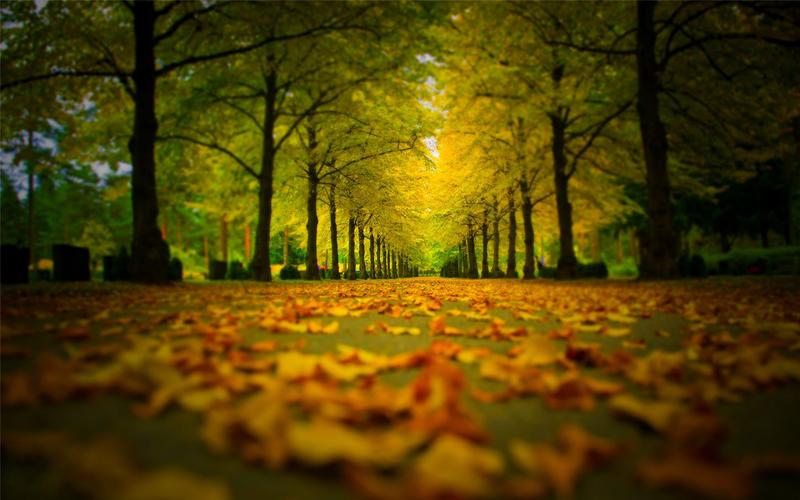Exploring the Rich Culture of Benin: A Journey Through History and Tradition
Benin, a small West African country, is home to a rich and varied culture that is deeply rooted in history and tradition. From the ancient kingdom of Dahomey to the present-day Republic of Benin, the country has undergone remarkable changes, yet its cultural heritage remains a critical part of its identity. In this article, we will take you on a journey through the exciting and diverse culture of Benin.
The History of Benin’s Culture
Benin’s cultural heritage stems from the ancient kingdom of Dahomey, which was the most powerful kingdom in the West African region during the 19th century. The kingdom was renowned for its strong military, impressive administrative structure, and highly skilled artisans. Its previous rulers built grand palaces, intricate bronze sculptures, and ivory carvings, which continue to represent many of the country’s cultural symbols today.
In 1960, Dahomey gained independence, and the newly created Republic of Benin incorporated the cultural heritage of its predecessor into its new identity. Today, this heritage is kept alive through music, dance, storytelling, and the nation’s impressive arts and crafts.
Art and Crafts of Benin
Benin’s art and crafts involve a wide range of techniques and materials, including bronze casting, pottery, weaving, and embroidery. These crafts not only have immense historical significance, but they also play a vital role in the cultural identity of the people. Each piece has a specific meaning and purpose, often relating to the religion, history, and social structure of the country.
One of the most impressive art forms in Benin is the intricate bronze sculptures created using the lost-wax casting technique. Many of these sculptures depict royal figures, ancestors, and mythical beings of the Dahomey era. These bronze casts demonstrate the high level of artistic and technical skill possessed by Benin’s craftsmen.
The Religion and Festivals of Benin
The traditional religion of Benin is Vodun or Voodoo, which is the foundation for many of the country’s cultural practices, including festivals, music, and dance. Vodun deities represent the spirits of the earth, water, and sky, and their worship involves colorful rituals and ceremonies.
One of the most popular traditional festivals is the annual Vodun festival, which takes place every January. During this event, the local community gathers to honor the spirits with music, dancing, and feasting. Other festivals include the Masked Dance, the Egungun Festival, and the Zangbeto Festival.
The Music and Dance of Benin
Music and dance are an essential part of Benin’s cultural heritage. The country has a wide variety of musical styles, ranging from traditional to contemporary. The traditional music and dance are accompanied by the sounds of drums, gongs, and other traditional instruments. These rhythms often recount tales of the country’s rich history and culture.
Benin’s contemporary music has evolved from its traditional music with a fusion of jazz, soul, and salsa. The music of legendary musicians such as Angélique Kidjo and Lionel Loueke is internationally acclaimed.
Conclusion
In summary, the culture of Benin is a unique and diverse offering that has evolved from a rich fusion of tradition, history, and art. The country’s impressive art and crafts, religious practices, festivals, music, and dance have been woven into its culture and are celebrated with pride. A visit to Benin presents a colorful and detailed insight into the country’s culture, beauty, and rich heritage.
(Note: Do you have knowledge or insights to share? Unlock new opportunities and expand your reach by joining our authors team. Click Registration to join us and share your expertise with our readers.)
